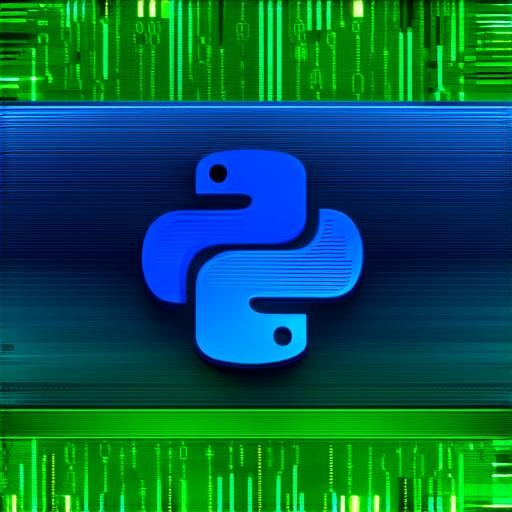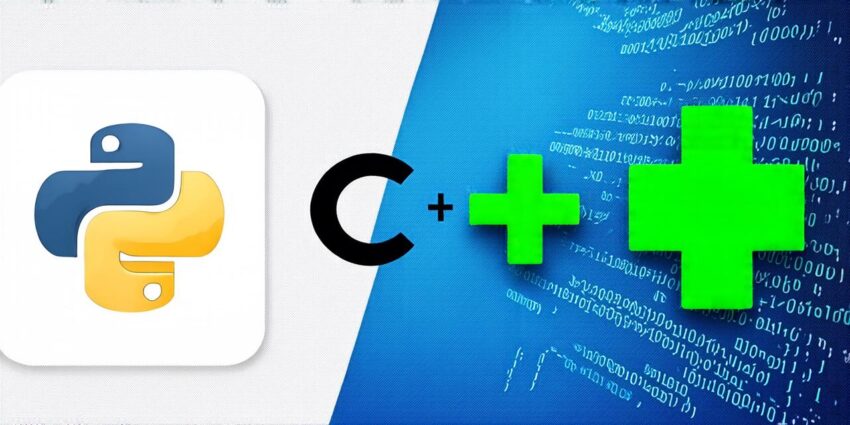Python and C++ are two popular programming languages with different strengths and weaknesses. When deciding which language to use for a project, it’s important to consider your goals, experience, and preferences.
Python vs C++: Syntax and Learning Curve
Python is known for its clean and easy-to-read syntax, making it a popular choice for beginners and experienced developers alike. It’s also an interpreted language, meaning that the code doesn’t need to be compiled into machine code before it can run. This makes Python very fast to develop and test, but slower than compiled languages like C++.
On the other hand, C++ is a compiled language with a more complex syntax that can be challenging for beginners to learn. However, once you understand the basics of C++, you’ll find it to be a powerful and versatile language that can handle large and complex projects.
Python vs C++: Performance and Speed

As mentioned earlier, Python is an interpreted language, which means it’s slower than compiled languages like C++. However, this difference in speed is typically not noticeable for most applications. For example, a web application built with Python can still handle high traffic without significant performance issues.
C++, on the other hand, is a compiled language that can be optimized for speed and efficiency. This makes it well-suited for applications that require high levels of performance, such as games or scientific simulations. However, this optimization comes at the cost of increased complexity and longer development times.
Python vs C++: Libraries and Frameworks
Both Python and C++ have a large number of libraries and frameworks available to developers. Python’s most popular libraries include NumPy, Pandas, Flask, and Django. These libraries provide a wide range of functionality for data analysis, web development, and more.
C++ also has a large number of libraries and frameworks available, including the Boost C++ Libraries, OpenCV, and Qt. However, these libraries tend to be more complex and require more experience to use effectively.
Python vs C++: Community and Support
Python has a large and active community of developers who contribute to its development and provide support to other users. It’s also widely used in academia and industry, which means there are many resources available for learning and troubleshooting.
C++ also has a large and active community of developers, but it tends to be more specialized and focused on high-performance applications. This can make it more difficult to find support and resources for less specialized projects.
Summary
In conclusion, both Python and C++ are powerful programming languages with their own strengths and weaknesses. If you’re a beginner or looking for a fast development cycle, Python is likely the best choice. However, if you need high levels of performance and are willing to invest more time and effort into development, C++ may be a better option. Ultimately, the choice between these two languages will depend on your specific goals and requirements.
